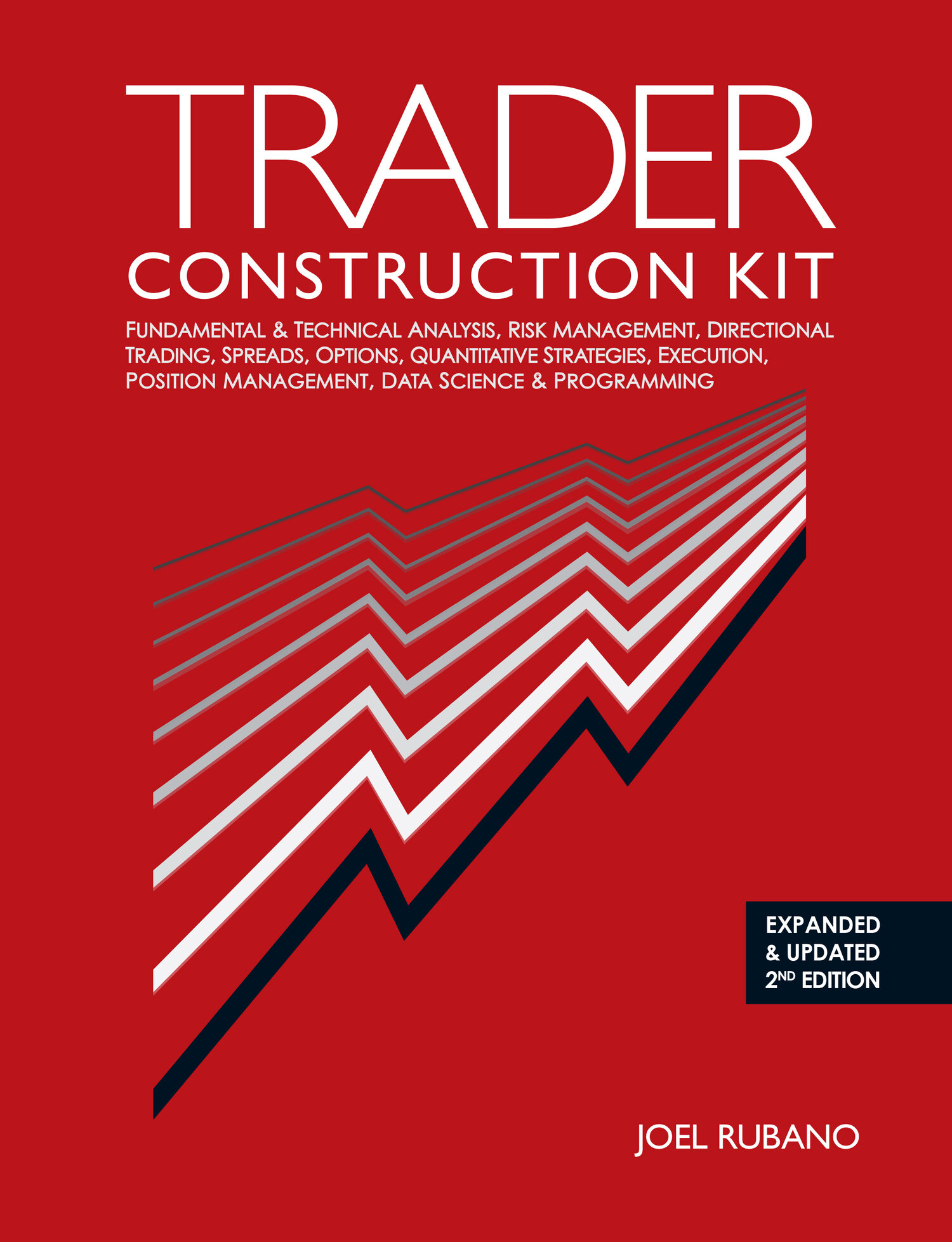Elite poker players hate to play at a table full of other professionals, understanding that with their evenly matched skills no player has an advantage and the money will end up eddying aimlessly around the table. Eventually everyone will go home bored and with more or less the amount that they started with. The same can be said of a very homogenized, static market with similar, familiar entities circulating in well-established behavioral ruts. The entrance or departure of new classes of players, particularly if they are well funded, can have paradigm-shifting effects on a market.
On a macro level, the slow rotation of global money flows from asset class to asset class and country to country have huge impacts on both the absolute level of prices and the relative number of people paid to trade and analyze them. Any hot or up-and-coming market will see massive inflows of capital to the detriment of established mid- and late-stage products. From bonds (1970s-80s) to equities (1980s) to derivatives (1990s) to technology stocks (1990s-00s) to commodities (2000s) to cash (2008-2009) and riskless assets (2009-10) back to equities (2010 to present), one market will capture the collective imagination of institutional investors. Firms with an established presence in the hot market will assume a leadership position and see an influx of customer business, which will lead to investor interest, which will inevitably lead to growth and expansion. Those not participating will feel left out of the market, the profits, and all of the cool cocktail party conversation. They will panic, and try to buy their way in at any cost, raising the price of talent and, usually, the product itself. The inflationary effects of new capital are particularly intense for any ownership-based product, like equities or real estate. Contractually backed markets like derivatives can expand much more easily, which is one of the reasons why jumbo-sized institutions prefer financial products. It is significantly easier to buy a billion dollars worth of mortgage bonds than a billion dollars worth of houses.
From Chapter 2 - Know the Enemy, Page 55.
To read more, click here. To purchase Trader Construction Kit, click here. To see future updates about new Excerpts, follow @TCK_JRubano on Twitter.
Excerpt from Trader Construction Kit Copyright © 2016 Joel Rubano. All rights reserved. No part may be reproduced in any form or by any electronic or mechanical means, including information storage and retrieval systems, without permission in writing from the publisher, except by reviewers, who may quote brief passages in a review.
